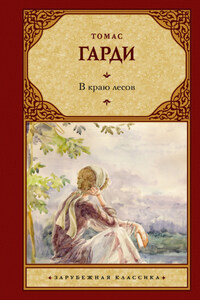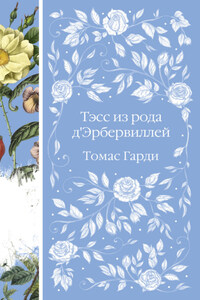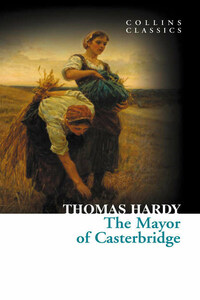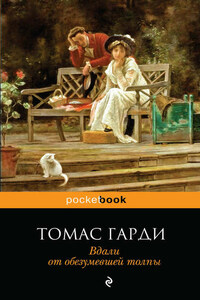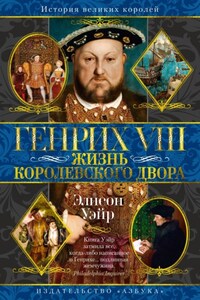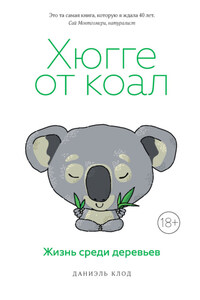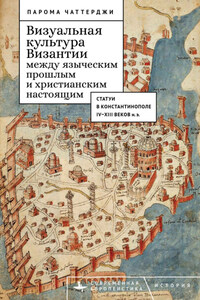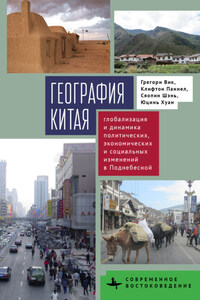One evening at the end of May a middle-aged man was walking home from Shaston to the village of Marlott in the Vale of Blackmoor. His legs were thin and weak, and he could not walk in a straight line. He had an empty egg-basket on his arm, and his hat was old and worn. After a while he passed an elderly parson riding a grey horse.
‘Good night,’ said the man with the basket.
‘Good night, Sir John,’ said the parson.
After another step or two the man stopped and turned round to speak to the parson.
‘Now, sir, last market-day we met on this road at the same time, and I said "Good night" and you answered "Good night, Sir John", as you did just now.’
‘I did,’ said the parson.
‘And once before that, almost a month ago.’
‘I may have.’
‘So why do you call me Sir John, when I am only John Durbeyfield?’
The parson rode nearer, and after a moment’s hesitation, explained: ‘It was because I’ve discovered something of historical interest. I am Parson Tringham, the historian. Do you really not know, Durbeyfield, that you are a direct descendant of the ancient and noble family of the d’Urbervilles? They descended from Sir Pagan d’Urberville, who came from Normandy with William the Conqueror in 1066.’
‘Never heard that before, sir!’
‘Well, it’s true. Let me see your face. Yes, you have the d’Urberville nose and chin. d’Urbervilles have owned land and served their King for hundreds of years. There have been many Sir Johns, and you could have been Sir John yourself.’
‘Well!’ exclaimed the man. ‘And how long has this news about me been known, Parson Tringham?’
‘Nobody knows about it at all,’ said the parson. ‘I just happened to discover it last spring, when I was trying to find out more about the d’Urbervilles and noticed your name in the village.’
‘I’ve got an old silver spoon, and an old seal too at home,’ said the man, wondering. ‘So where do we d’Urbervilles live now, parson?’
‘You don’t live anywhere. You have died, as a noble family.’
‘That’s bad. So where do we lie?’
‘In the churchyard at Kingsbere-sub-Greenhill.’

